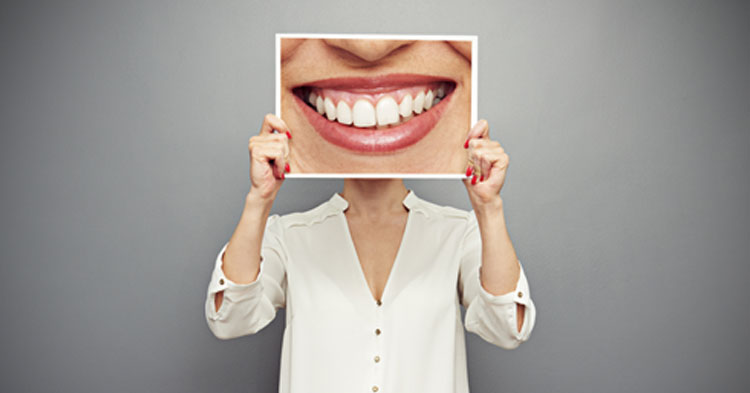You have medical aid, but does it cover you for dental expenses?
So you have a medical aid, but have you checked the fine print to see if you are covered for any dental expenses? When we sign up for a medical aid plan, we often just assume that we are covered for everything, however some medical aid schemes only cover you for the basics and therefore dental treatments are not included.
Why is it important to have dental insurance?
Taking good care of your teeth and gums requires more than just brushing and flossing twice daily. It also requires you to go for at least two check ups per year – both to the dentist and to the oral hygienist for a through clean. Additionally, it is important to get children in the habit of visiting the dentist regularly. With all these visits, the cost of your dental maintenance can add up which is why it is important to have dental insurance. It is also important as it will cover you for any additional treatments such as crowns, root canals or fillings, which can become very pricey. Without dental insurance, people are less likely to take proper care of their teeth due to the high costs.
What kind of costs am I looking at when I go to the dentist?
Every dentist will charge differently. Costs usually depend on experience, location and whether they are specialists or not. Here is an estimated range of what some of the more expensive dental procedures may cost. Once again don’t forget that these prices are not set in stone and dentists will charge differently.
- Basic clean: +/- R500
- Root canal: R900 to R2 500
- A crown: R2 500 to R4 500
- An implant (done in a dentist’s chair): R8 000 to R13 000
- An implant that requires bone augmentation: R20 000 to R25 000, plus R10 000 for theatre costs;
- Removal of four wisdom teeth: R12 000 to R20 000 if done in hospital, R10 000 to R15 000 in a day clinic, or R7 500 to R9 000 in the dentist’s chair under conscious sedation
- Orthodontic treatment (device only; some patients require extractions as well): R12 000 to R25 000.
Is there anything I can do in the comfort of my home to help prevent major problems with my teeth and gums arising?
According to the South African Dental Association (SADA) the following measures should be taken to keep your teeth and gums healthy:
- It is preferable to select a soft or extra soft bristle toothbrush to prevent the risk of harming the gums.
- Brush thoroughly at least twice a day, and especially before going to bed.
- Brush for at least two minutes at a time to ensure that all teeth are reached and food debris is removed.
- Too much brushing can damage gums.
- Do not apply too much pressure to the head of the toothbrush when brushing.
- Replace toothbrushes at least every three months.
- If toothbrush bristles are flaring it is time to replace the toothbrush and a possible indication that you are brushing too hard.
- Brushing the tongue removes bacteria in the oral cavity
- Floss at least once a day.
- Follow the curves of the teeth when flossing
- Do not snap floss onto the gums when cleaning between teeth
- Use toothpaste or dental care products which contain fluoride.
- Toothpastes have ingredients to assist with the prevention of decay, plaque and tartar control, gum care and sensitivity.
- Eat a balanced diet.
- Limit snacks.
- Visit your dental healthcare professional regularly especially if experiencing pain or bad breath.
- Discuss with your dental healthcare professional fluoride supplement requirements for children under the age of 12 years.
A final thing to note is that dental cover, like all medical aid schemes, will not necessarily cover the entire cost of procedures, only a portion. Make sure that you understand your medical scheme covers you for and if dental isn’t included why not take out dental insurance?
The MoneyShop Team




